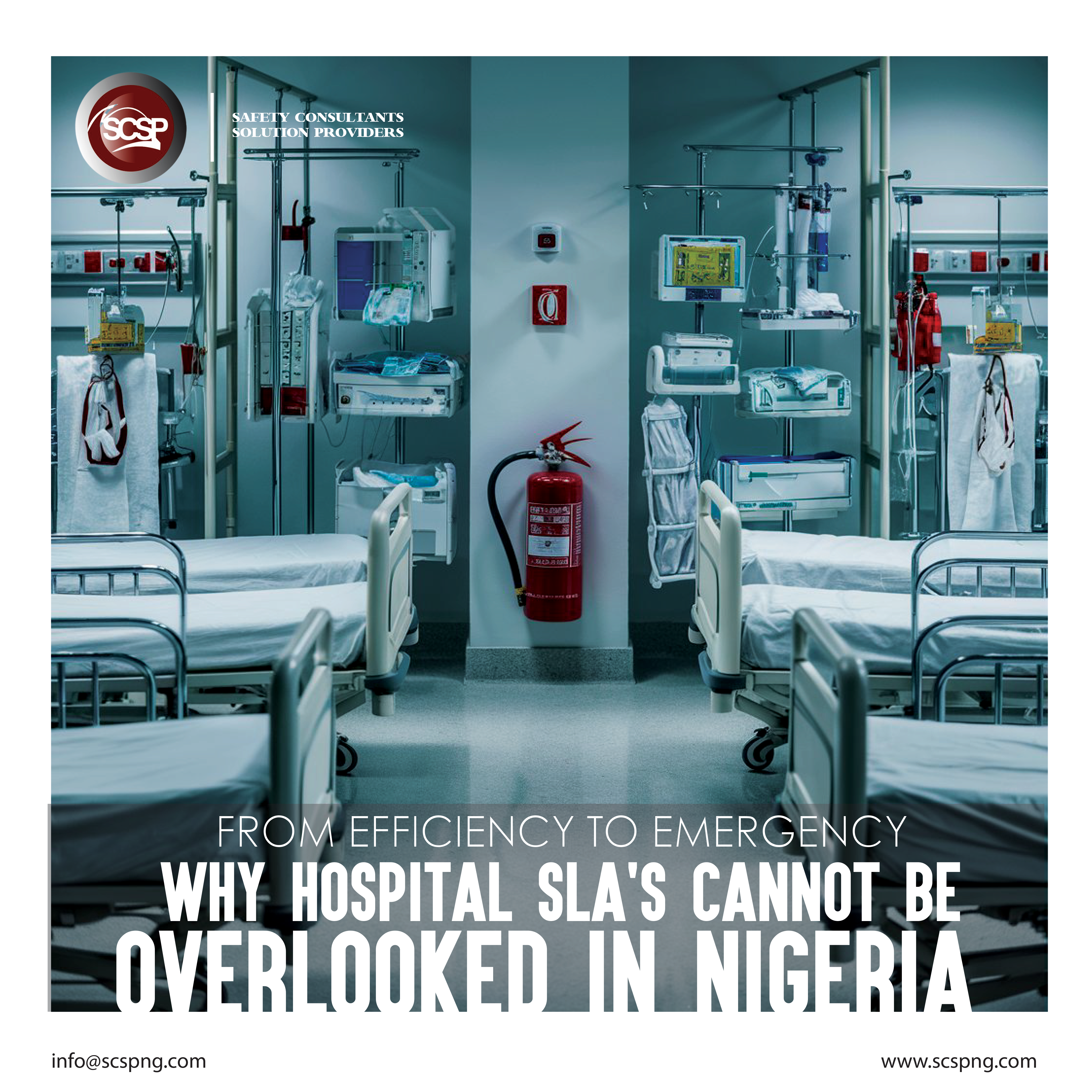
In Nigeria’s dynamic healthcare sector, the adherence to Service Level Agreements (SLAs) is indispensable for ensuring the seamless delivery of medical services and maintaining operational efficiency in hospitals. SLAs serve as critical frameworks that define expectations and standards between healthcare providers and service vendors, encompassing areas such as medical equipment maintenance, pharmaceutical supply chain management, and patient care protocols. However, the consequences of neglecting SLAs extend beyond operational inefficiencies—they pose significant risks that can impact patient outcomes, strain hospital resources, and compromise regulatory compliance.
Firstly, the reliability of healthcare services hinges on the adherence to SLAs in Nigerian hospitals. These agreements are instrumental in guaranteeing the availability of essential medical equipment, timely maintenance, and uninterrupted supply of medications. Failure to uphold SLAs can lead to equipment breakdowns, medication shortages, and delays in critical patient care, ultimately jeopardizing patient safety and satisfaction. In a healthcare landscape where emergencies are frequent and resources limited, the absence of robust SLAs can escalate minor operational challenges into full-blown crises, underscoring the urgency for meticulous SLA management.
Secondly, financial prudence is imperative for Nigerian hospitals, where budget constraints and cost-effectiveness are pivotal. Neglecting SLAs can result in unexpected expenses due to unplanned equipment repairs, inflated service costs, or legal liabilities arising from contractual breaches. The financial ramifications of SLA non-compliance can strain hospital budgets, divert funds from essential healthcare initiatives, and impair long-term sustainability. Moreover, regulatory bodies in Nigeria increasingly emphasize adherence to standards and protocols outlined in SLAs, imposing penalties for non-compliance that further underscore the importance of meticulous SLA oversight.
Lastly, in a competitive healthcare market, hospitals in Nigeria must differentiate themselves by delivering superior patient care experiences and maintaining operational excellence. SLAs play a pivotal role in achieving these objectives by fostering partnerships with reliable service providers, optimizing resource allocation, and enhancing overall service delivery efficiency. Hospitals that prioritize SLAs demonstrate commitment to quality healthcare provision, fostering patient trust, attracting medical talent, and bolstering their competitive advantage in a challenging healthcare environment.
Hence, adherence to SLAs is paramount for Nigerian hospitals to uphold standards of care, mitigate operational risks, and ensure financial resilience. By embracing rigorous SLA management practices, hospitals can navigate challenges effectively, improve patient outcomes, and sustain their mission to deliver healthcare services with integrity and efficiency in Nigeria’s evolving healthcare landscape. From efficiency to emergency, the integration of robust SLAs remains essential for the advancement and reliability of hospital operations across the country.
Read more on the on Hospital Safety Risk Management Strategies at FIRE RISK ANALYSIS: THE PRACTICE









